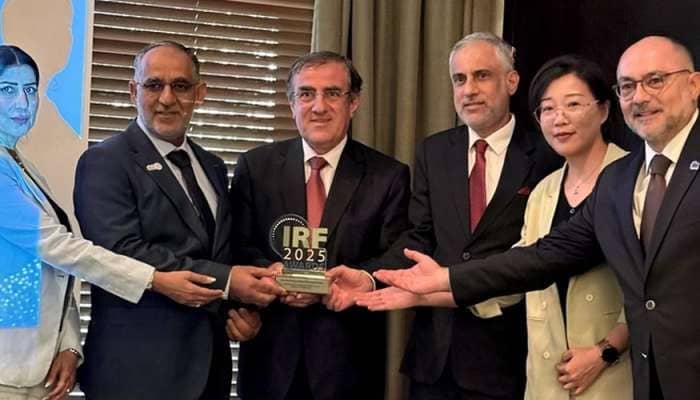As Eid approaches, the excitement of shopping for new clothes, sweets, gifts, and hospitality supplies fills the air. Markets and malls become vibrant hubs, with families rushing to complete their holiday preparations. However, the thrill of shopping often leads to unnecessary spending, especially when shoppers purchase more than they need or indulge in non-essential items.
The Pitfalls of Last-Minute Shopping
Economic consultant Walid al Rawahi emphasizes that one of the biggest mistakes families make during Eid shopping is waiting until the final days of Ramadhan. He explains that this often results in hurried decisions, where people buy excessive quantities or items that cannot be returned due to store policies or logistical issues.
“Everyone has enough time to shop, but it requires proper planning,” says al Rawahi. “Shopping last minute leads to poor choices under pressure, and Eid is about celebration, not extravagant spending.”
Promotions: Opportunity or Trap?
As Ramadhan comes to a close, stores flood the market with promotions, attracting eager shoppers. While some see these offers as a chance to save money, others view them as marketing tactics to encourage unnecessary purchases.
Entrepreneur Noura al Muqimi advises consumers to approach discounts with caution. “Not all offers are misleading, but regular shoppers know the difference between genuine and inflated discounts,” she says. “The problem arises when families buy items they didn’t plan for, often in large quantities.”
She also notes that shopping habits vary across families. “Some prioritize children’s needs, others spend more lavishly, while some find a balance. It all depends on financial circumstances and consumer awareness.”
The Role of Salaries and Market Congestion
A major reason behind the last-minute shopping rush is that many families wait for their salaries to be credited before they begin their Eid shopping. This results in overcrowded markets in the final days of Ramadhan.
“Most shoppers prefer to wait for their salaries, which puts immense pressure on the markets,” says al Muqimi. “Families with financial flexibility tend to shop earlier, avoiding the last-minute rush and confusion.”
Traditional Attire: A Financial Challenge
Traditional Omani clothing remains an important part of Eid preparations, but the high cost can be a financial burden for some families. Abdullah al Hosni from Muscat reflects, “Buying new clothes for Eid, especially traditional attire, is a deeply rooted custom. However, it’s important to maintain financial stability while respecting this tradition.”
He adds, “The crowding in markets isn’t just about discounts. It’s a reflection of cultural habits. While some splurge on extravagant purchases, most focus on essential items.”
Overbuying: Financial Strain and Stress
Muhannad al Rashidi from Nizwa points out that some families view Eid as a time to spend without limits, which can lead to unnecessary financial strain. “Overbuying puts pressure on household finances, and the crowded markets create stress for both consumers and retailers,” he says. “Many shoppers are influenced by discounts, but they often end up purchasing items they didn’t plan on.”
The Impact of Consumer Culture
Ismail al Kalbani highlights the role of consumer culture in shaping spending habits. “People raised in a consumer-driven environment are more likely to adopt the same behavior,” he explains. “Some families start shopping months in advance to avoid last-minute price hikes and crowds, while others shop impulsively.”
He warns, “After Eid, many realize they’ve spent a lot on items they never used.”
Expert Tips to Avoid Overspending This Eid
To avoid overspending and the stress of last-minute shopping, experts recommend the following strategies:
- Plan Ahead: Create a shopping list early to prioritize necessary purchases and avoid impulse buying.
- Spread Out Shopping: Start shopping weeks before Eid to find better deals and avoid crowded markets.
- Compare Prices: Always research and verify discounts to ensure they are genuine.
- Set a Budget: Determine a spending limit to avoid overspending and prevent financial strain.
Eid shopping should be a joyful experience, reflecting the spirit of celebration, not financial pressure. By planning ahead, making informed purchases, and distinguishing between needs and wants, families can enjoy a stress-free shopping experience that enhances the festive atmosphere without overspending


